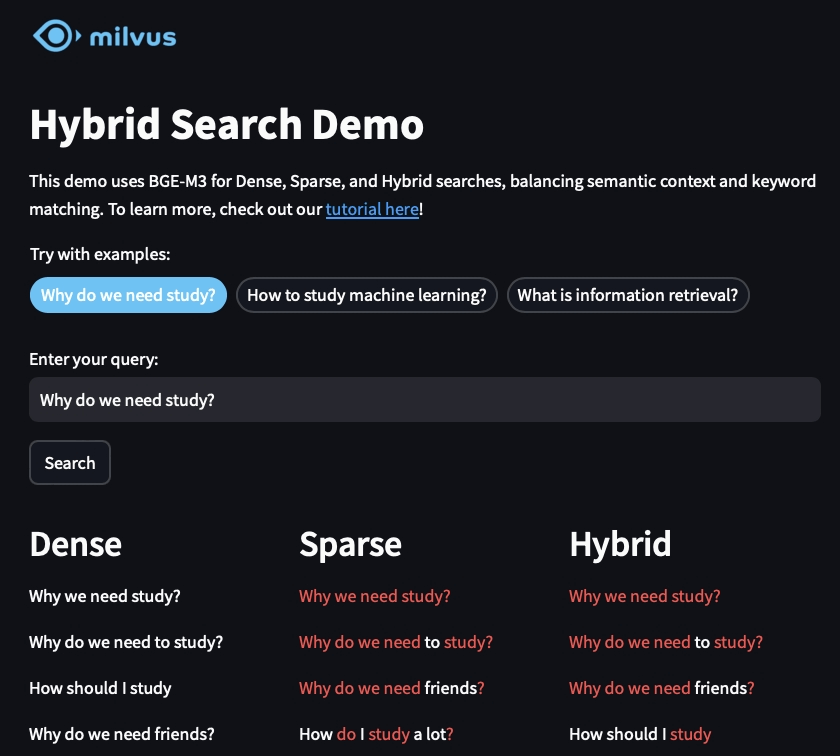Query expansion handles ambiguity by strategically broadening search terms while attempting to infer the user’s intent through context, statistical patterns, or external knowledge. When a query has multiple meanings—like “Java” (programming language vs. island)—the system aims to add terms that align with the most likely interpretation. For example, if a user searches “Java,” expansion might include “programming” or “coffee” based on signals like user location, search history, or surrounding terms in the query. However, without explicit context, expansion risks introducing irrelevant terms. To mitigate this, systems often rely on co-occurrence statistics (e.g., “Java” appearing with “code” in technical documents) or semantic analysis to prioritize expansions tied to the dominant meaning in the corpus. This balances recall (finding more relevant results) and precision (avoiding noise).
A common approach involves using word embeddings or knowledge graphs to identify contextually related terms. For instance, a search for “Apple” might expand to “iPhone” or “fruit” depending on whether the user’s recent activity includes tech-related queries or recipes. Similarly, a search engine might analyze the broader document collection: if “virus” appears in medical articles, expansions like “symptoms” or “vaccine” are added, whereas in computer science contexts, terms like “malware” or “firewall” are prioritized. Some systems also leverage user feedback or click-through data to refine expansions over time. For example, if users searching “Python” consistently click results about programming rather than snakes, the system will emphasize terms like “tutorial” or “library” in future expansions.
However, ambiguity remains a challenge. If a query like “Mercury” could refer to the planet, element, or car brand, expansion might include terms for all meanings, leading to mixed results. Developers must implement safeguards, such as weighting expansion terms based on confidence scores or combining query expansion with disambiguation techniques like entity linking (e.g., mapping “Mercury” to Wikidata entries). Additionally, systems may use session data—like prior searches in the same session—to infer context. For instance, if a user previously searched “space missions,” “Mercury” might expand to “planet” and “NASA.” The trade-off is complexity: over-expansion can dilute relevance, while under-expansion misses useful results. Effective implementations balance these factors through iterative testing and tuning based on domain-specific needs.
